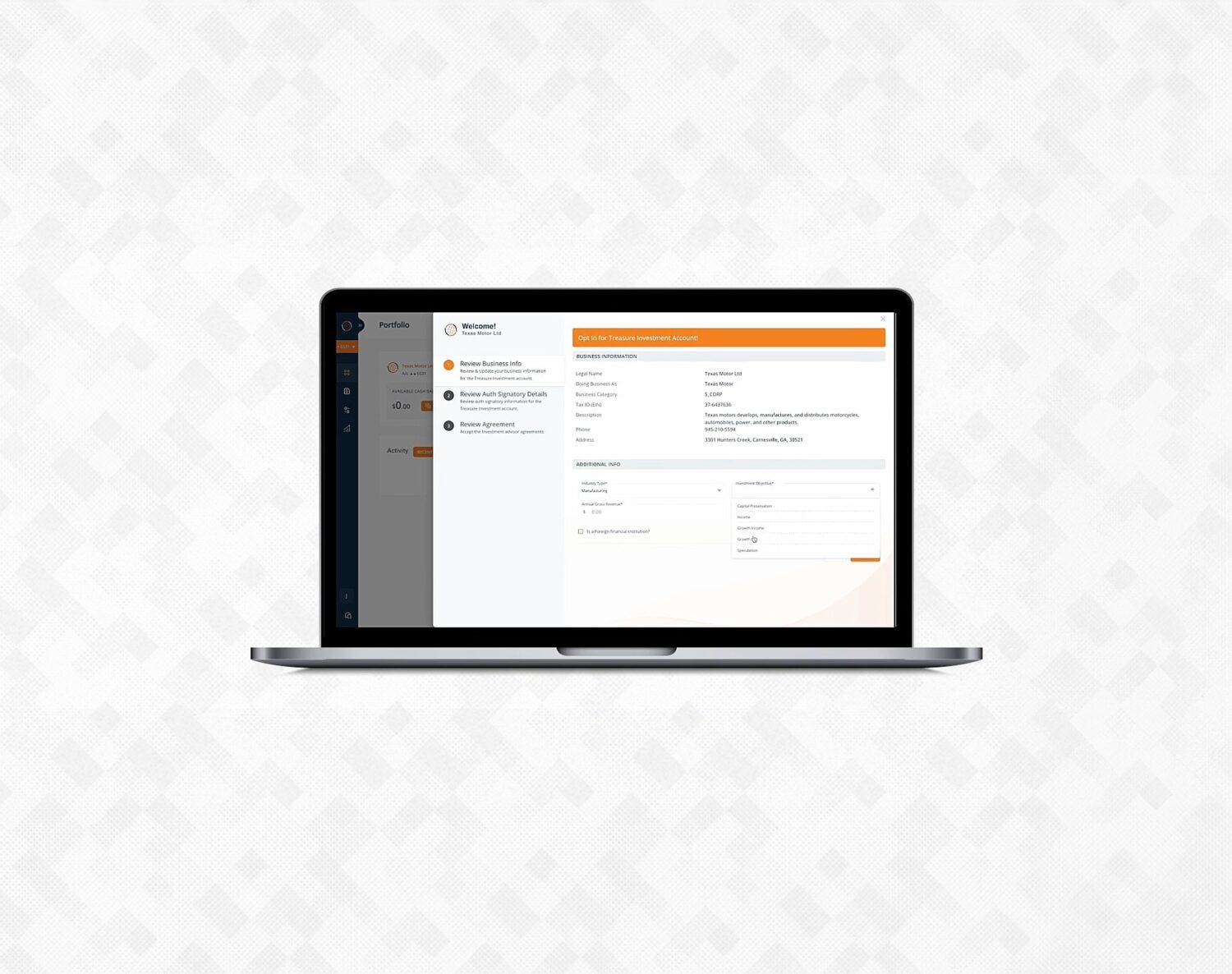Frequently Asked Questions About the Priority Commerce Engine
What types of businesses benefit most from the Priority Commerce Engine?
The PCE is built to serve a wide range of complex payment solution environments. Ideal for SaaS platforms, B2B service providers, financial marketplaces, and embedded finance solutions, it supports businesses that need to handle large volumes of transactions with precision and control.
PCE enables companies to manage dynamic payment workflows such as automated invoicing, scheduled disbursements, vendor billing, and recurring subscriptions. Its real strength lies in its ability to support customized workflows—making it a standout option for enterprises operating in regulated industries, managing decentralized teams, or building revenue models on embedded financial tools.
How long does onboarding take with PCE?
The onboarding process with PCE is designed for speed and scalability. Thanks to a fully automated boarding API and a compliance-ready infrastructure, most clients can begin transacting within just a few business days. Our system validates business data in real time and handles KYC/AML requirements in the background, so you don’t waste time on paperwork or lengthy approvals.
Clients also receive direct support from our integration and compliance teams, who help configure environments, test sandbox functionality, and align the system with your preferred operational structure—delivering a fast and frictionless path to production.
Does PCE support international transactions and currency conversion?
Yes. PCE enables companies to operate globally through comprehensive cross-border transaction support. This includes international wire transfers, FX conversion, and multi-currency settlement capabilities. You can manage vendor or partner payments across dozens of currencies while benefiting from transparent exchange rates and centralized reporting.
Our platform’s global payout framework helps businesses expand internationally without building separate payment systems for each market. PCE simplifies international compliance, too, supporting AML screening and local regulatory adherence to streamline your global growth.
Can PCE integrate with ERP, CRM, or accounting platforms?
Absolutely. PCE’s flexible API payment integration framework allows seamless integration with leading ERP systems (like NetSuite, Oracle, and SAP), CRM platforms (such as Salesforce), and accounting tools (including QuickBooks and Xero). This enables automatic data syncing for transaction records, vendor payments, and account balances—eliminating the need for manual data entry or duplicate systems. Businesses benefit from greater financial visibility, accelerated reconciliation, and reduced errors across all back-office operations.
With customizable data mapping and webhook support, your team can build a fully connected finance ecosystem tailored to your needs.
Is same-day funding available for ACH and card payments?
Yes. PCE supports same-day funding options for both ACH and card-based transactions, depending on your processing configuration and account setup. This feature can be a gamechanger for businesses that rely on frequent cash cycles or time-sensitive payouts—such as marketplaces, service platforms, or contractor networks.
Faster access to funds reduces dependency on credit, strengthens vendor relationships, and improves liquidity. PCE’s intelligent funding engine also allows businesses to configure cutoff times, fund allocation rules, and processing triggers—so working capital is always within reach.
How does PCE handle multi-party payments and disbursements?
PCE supports complex multi-party funding flows with built-in logic for distributing payments based on roles, conditions, or revenue share agreements. Businesses can automate split settlements to contractors, vendors, affiliates, or sub-merchants without manual intervention.
Whether disbursing commissions, routing funds between departments, or managing milestone-based payouts, PCE tracks each leg of the transaction in real time. This feature is particularly useful for marketplaces or SaaS platforms where transparency, traceability, and compliance are vital. Everything is logged, reportable, and fully auditable for operational clarity.
What makes PCE different from traditional payment processors?
Unlike traditional processors that focus solely on card acceptance or fixed-rate merchant services, PCE delivers a modular, programmable environment that adapts to your financial model. It functions as both a payment gateway and a full-stack infrastructure solution, offering everything from bank connectivity and card issuing to ledger mapping and same-day settlements.
PCE empowers businesses to build and scale complex financial workflows without relying on multiple vendors. Our banking as a service platform is designed for configurability, real-time visibility, and intelligent automation—delivering more than just transaction capabilities, but operational flexibility and cost-efficiency.
What kind of reporting and analytics does PCE provide?
PCE includes robust analytics tools that give finance teams full visibility into payment operations. Users can access real-time dashboards with key metrics like transaction volume, average settlement time, error rates, and payment processing fees. The platform offers batch-level reports, funding timelines, and customizable audit trails to support both strategic decision-making and compliance preparation.
What’s more, our advanced reporting modules can be configured to track cash flow by department, region, or business unit. This not only supports faster close cycles, but also helps you pinpoint revenue trends and operational inefficiencies.
Is PCE customizable to our general ledger structure?
Yes. As an advanced online payment processor, PCE was built with multifaceted enterprise payment processing and accounting complexity in mind. No matter if your business operates under a single GL or across multiple legal entities, currencies, or cost centers, PCE allows you to configure custom ledger mapping rules that align with your internal reporting. This flexibility supports more accurate data entry, easier reconciliation, and faster audits. It also reduces strain on finance teams by eliminating manual allocation or journal entry corrections.
For businesses using advanced ERP structures, this capability bridges the gap between online payment execution and financial accounting.
How does the platform protect security and maintain regulatory compliance?
PCE is built on a secure, compliant foundation designed to meet the needs of highly regulated industries. It adheres to PCI-DSS standards for payment data protection, incorporates NACHA-compliant ACH processes, and features end-to-end encryption, tokenization, and role-based access controls. The platform also supports audit log creation and secure data retention policies—crucial for financial oversight and regulatory inspections.
PCE’s infrastructure enables businesses to remain compliant while significantly reducing internal risk. It’s more than a payment processing platform—it’s a shielded environment for your most sensitive financial operations.






